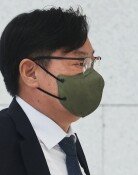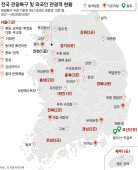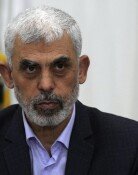Professor Song Tae-ho and Intellectuals
Professor Song Tae-ho and Intellectuals
Posted August. 04, 2010 12:17,
Les Intellectuels en France, a book on the history of French intellectuals, begins with novelist Emile Zola. The Jewish officer Alfred Dreyfus was arrested in 1894 on the charge of selling military secrets to Germany. Convinced that the French military made Dreyfus a scapegoat to shun its responsibility for the lost war against Prussia, Zola exposed the militarys attempts to manipulate and cover up evidence. Thanks to Zolas efforts, Dreyfus was acquitted by Frances highest court in 1906.
Society wants intellectuals to draw upon their conscience to say what is right or wrong on issues that do not have easy answers. Korean intellectuals played this exact role under authoritarian governments in the past. The Korean Society for Journalism and Communication Studies ended a dispute over biased broadcasting on the impeachment motion against then President Roh Moo-hyun in 2004 by saying, No matter how loose the standards are applied, the broadcasting cannot be viewed as fair. In 2005, the Internet community Biology Research Information Center played a critical role in exposing the lies of disgraced professor Hwang Woo-suk. Hwangs legacy, created by the sentiment of the people who wanted to blindly trust him combined with defense from the powerful, collapsed due to the inquiring minds of scientists.
When the controversy over mad cow disease erupted in 2008, ideology was mixed with science. Richard Rhodes, the author of Deadly Feasts, admitted he was wrong about his prediction at the time of his books publication (1997) that human mad cow disease would become a big disaster. Certain intellectuals in Korea, however, instigated nationwide candlelight protests by turning Rhodes theory upside down. The sinking of the South Korean naval vessel Cheonan is more complex. Ethnic Korean professors in the U.S. claimed that a torpedo presented by the joint civil-military investigation team is not decisive evidence of North Koreas guilt since the letters No. 1 would have been burned in a torpedo explosion. This claim spread through left-leaning media outlets and gave birth to conspiracy theories.
Song Tae-ho, a professor specializing in heat transmission at Korea Advanced Institute of Science and Technology, or KAIST, wrote a paper on this. He found that the temperature on the rear of the torpedo propulsion where No.1 was written rose less than 0.1 degree Celsius at the time of the explosion. So he said it was natural for the letters to remain intact. On why he chose to scientifically resolve the dispute, he said, I thought anyone who is an expert must tell the truth, meaning he could not stand to see the country roiled by an unfounded claim. Song has shown that the legacy of Korean intellectuals continues. His paper is hoped to end the wasteful dispute on the Cheonan sinking.
Editorial Writer Kim Sun-deok (yuri@donga.com)
Headline News
- N. Korea redefines S. Korea as ‘hostile state’ in revised constitution
- Samsung develops graphic DRAM with industry-leading capacity and speed
- Three questions allegedly leaked via text message during Yonsei Univ. essay test
- China to inject 340 trillion won in loans to support real estate sector
- Dodgers beat Mets to take 2-1 lead in NLCS







